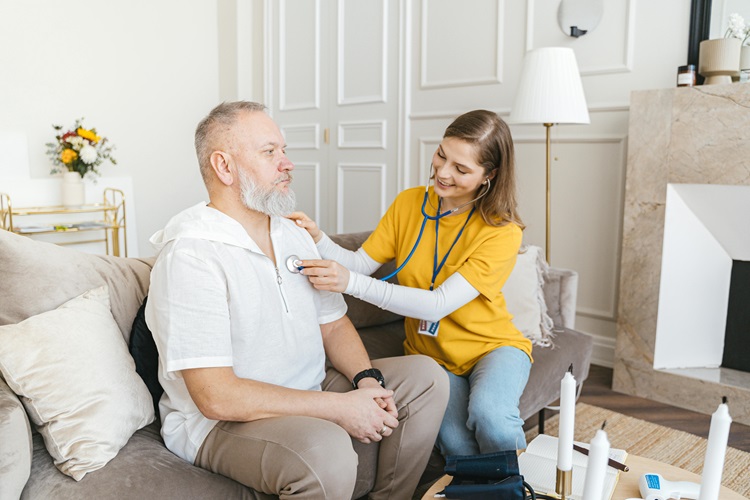
Participant Assistance and Care (PAC) services under the Family Supports Waiver are specifically designed to help individuals with disabilities maintain their independence and participate fully in their communities. PAC services focus on a holistic approach to care, addressing both daily living needs and long-term goals. The primary components of PAC services include:
Daily Living Assistance:
- Personal Care: Help with activities of daily living such as bathing, dressing, grooming, and toileting to ensure hygiene and comfort.
- Mobility Support: Assistance with transferring, walking, and using mobility aids to enhance physical independence.
- Eating and Meal Preparation: Support with eating, meal planning, preparation, and feeding if necessary.
Health-Related Tasks:
- Medication Management: Assistance with medication reminders, organization, and administration to ensure compliance with prescribed health regimens.
- Medical Appointment Coordination: Scheduling and coordinating transportation to medical appointments, ensuring timely access to healthcare.
- Health Monitoring: Regular monitoring of vital signs and health status to detect and address any potential health issues early.
Skill Development:
- Self-Care Skills: Training and support in developing self-care routines, such as personal hygiene, dressing, and grooming, to promote independence.
- Household Management: Teaching skills related to housekeeping, laundry, and home organization to enable individuals to manage their living environment.
- Financial Management: Assistance with budgeting, bill payment, and managing personal finances to foster financial independence.
Community Engagement:
- Social Integration: Encouraging participation in social activities, community events, and recreational programs to build social networks and reduce isolation.
- Educational and Vocational Support: Facilitating access to educational programs and vocational training to enhance skills and employability.
- Advocacy and Empowerment: Empowering individuals to advocate for themselves and make informed choices about their care and participation in the community.
